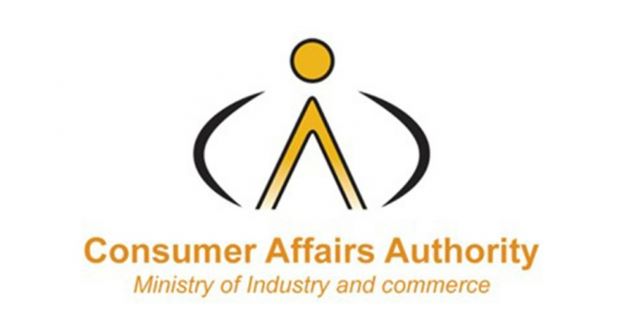By Shihar Aneez
COLOMBO – Sri Lanka’s Trade Minister Nalin Fernando has opted for drastic changes in the Consumers Affairs Authority (CAA) after repeated failure of the state-owned body to protect customers from higher prices and ensure fair market competition in the island nation.
The CAA fixed prices as a knee-jerk reaction to price fluctuations under the direction of ministers in successive governments, but the moves only resulted in the black market and exorbitant profits for sellers, economists and analysts have pointed out.
Minister Fernando admitted that the objectives of the CAA, which comes under the purview of his ministry, have not been met.
“There are a lot of female graduates appointed to CAA and they are unable to do the raids to control the market manipulation,” including hoarding, selling at higher prices, and healthy competition, Fernando said, adding, “So, we are in the process of restructuring the CAA.”
He said the CAA was not able to go ahead with the current staff, and likened it not being able to run a police force with 65 women. “Likewise, we can’t do the raids with the existing staff that includes 65% women officers,” he pointed out.
The CAA has come under criticism over its decisions that led to price spikes in eggs, sugar, wheat flour, and cooking gas among many others. The price controls led to a dearth in supplies forcing consumers to buy them at any cost.
Though CAA has been raiding establishments that sell lower quality goods at higher prices, the interventions have been ineffective as the same malpractices continue with less resistance, analysts say.
They say CAA’s interventions have been disruptive and worse for consumers.
Last year, soon after the CAA slammed price controls on eggs, farmers slaughtered layer chicken for meat as egg prices were not high enough to cover chicken feed.
With a collapse in demand for day-old layer chicks, hatcheries then slaughtered parent stock, leading to a shortfall of eggs in the market for a long period. Separately the CAA also banned the use of rice for chicken feed.
Recently, Cabinet Spokesman Minister Bandula Gunawardana said the CAA had regulated the price of LPG below the cost of import prices leading to gas companies suffering heavy losses.
In times of crisis when supplies fall, prices can go higher than costs, if there is demand, expanding margins and incentivizing producers, like farmers to grow more chicken, can eventually drive prices down.
Poultry prices, which went up to around 1600 to 1700 rupees a kilo, came down as the CAA did not disrupt price signals and farmers expanded production.
-economynext.com



Comments are closed, but trackbacks and pingbacks are open.